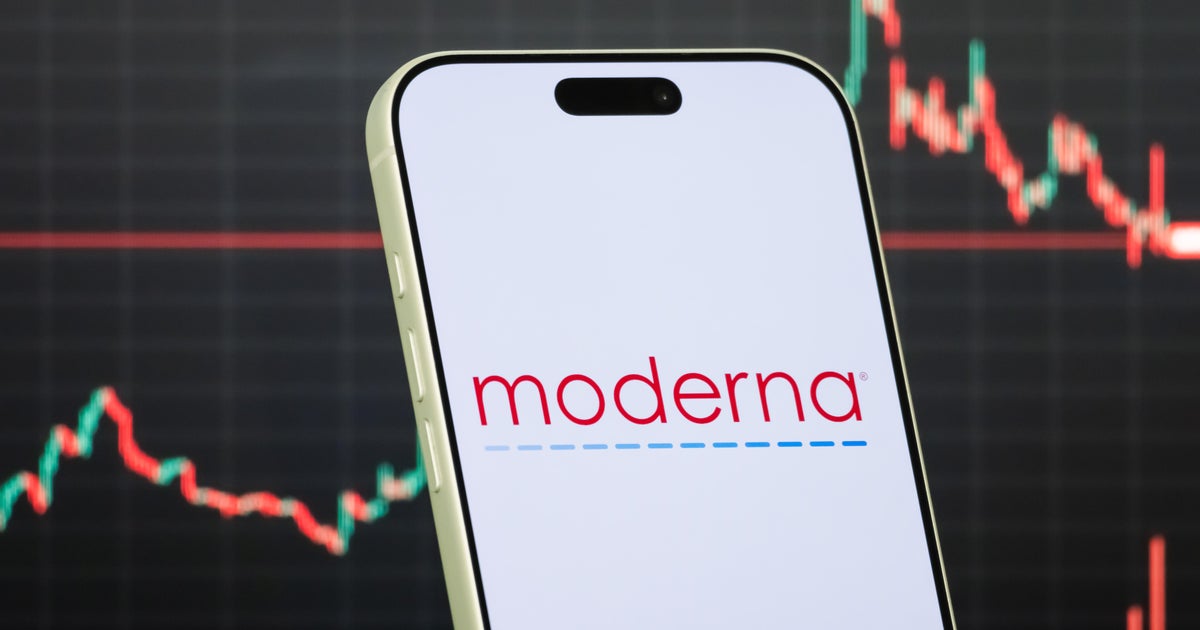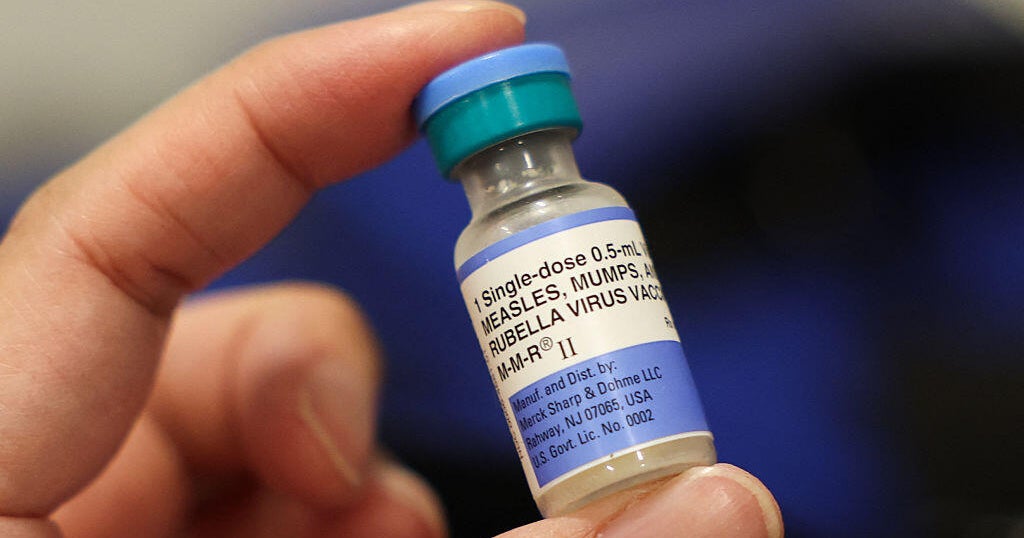More Americans are going without health insurance
Earlier this week the Commonwealth Fund released its annual Affordable Care Act Tracking Survey, and the news isn't good for consumers struggling to afford individual health insurance coverage.
The number of uninsured Americans has increased since 2016, according to the report, reversing years of decline since the ACA was passed in 2010. The number of uninsured adults between the ages of 19 and 64 rose to 15.5 percent in March 2018, up from 12.7 percent in 2016. An estimated 4 million people lost individual coverage during that period, while the number of people with employer-sponsored coverage stayed steady.
Adults with lower incomes -- about $30,000 for an individual and $61,000 for a family of four -- saw a much higher increase: 25.7 percent in March 2018 compared to 20.9 percent in 2016.
The reasons for the increase are varied and still a bit speculative, said Sara Collins, Commonwealth vice president for health care coverage and access. She and her colleagues at Commonwealth point to the Trump administration's drastic cutbacks on advertising and outreach during open enrollment for the Obamacare health care exchanges. Many exchanges saw robust signups despite the cutbacks, but overall the number of people who declined to buy insurance increased.
Another factor may be related to the so-called coverage gap. When the ACA was passed, it mandated that all states expand their Medicaid coverage, including increasing qualifying income limits. At the same time, the ACA ruled that people whose income fell below 100 percent of the poverty level would not qualify for the ACA's government subsidies to help pay health insurance premiums. The assumption was these people would be covered by expanded Medicaid coverage, Collins explained.
That plan went haywire when the Supreme Court later ruled that states were not required to expand Medicaid coverage but could do so voluntarily. As a result, people in nonexpansion states with incomes below the ACA subsidy limits often don't qualify for Medicaid. Indeed, the survey found the steepest increases in uninsured rates occurred in states that did not expand Medicaid.
Collins predicted the rising uninsured trend is likely to continue. One reason: The repeal of the individual mandate, which required people to buy insurance or face penalties. The new tax law did away with that provision and eliminated penalties starting in 2019. Commonwealth found that 5 percent of people with insurance are planning to drop coverage once the mandate becomes obsolete. "That's not a huge number, but it is something," said Collins.
At least one high-profile ACA critic is casting doubt on the repeal of the mandate. Tom Price, former Department of Health and Human Services Secretary, commented at the recent World Health Care conference in Washington, D.C., that eliminating the mandate will drive up premium prices on the marketplace exchanges. Last fall the nonpartisan Congressional Budget Office forecast that 13 million people would lose coverage if the mandate was eliminated.
Collins advised consumers to keep two things in mind as they consider their health insurance options:
Don't assume anything
The Commonwealth survey and other research consistently shows that people don't try to sign up for insurance because they believe they can't find an affordable plan, Collins explained. But for now at least, the health insurance exchanges are still in place and in most states are relatively stable, she added. While the mandate may have been eliminated, premium subsidies are still available to eligible consumers.
Ask for help
Buying individual health insurance can be complicated. Collins encouraged consumers to make sure they get help to find a plan they can afford. "We see that people who use a broker or navigator are more likely to enroll than those who don't," Collins said. "That's why it's so important for people to get the help they need, rather than simply assuming they won't be able to afford coverage."



